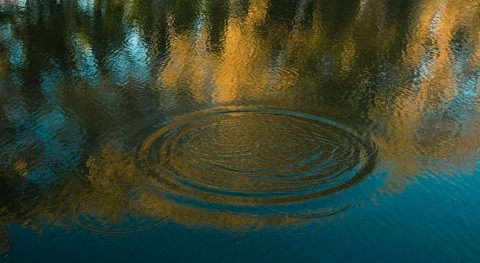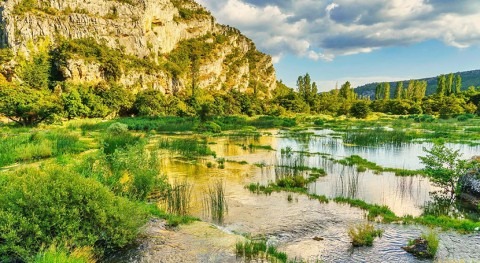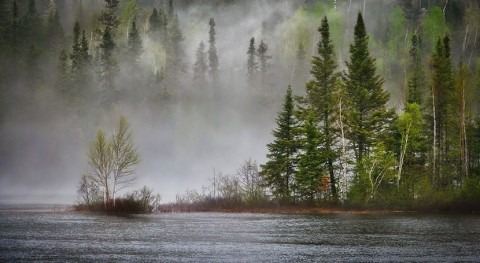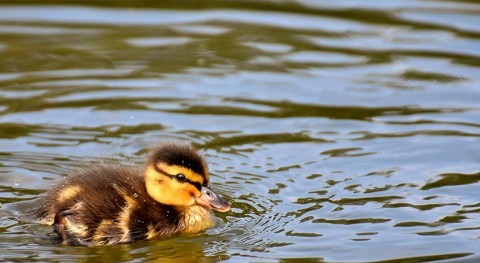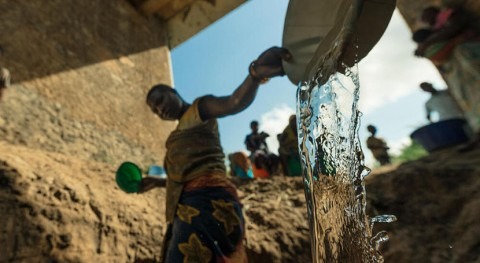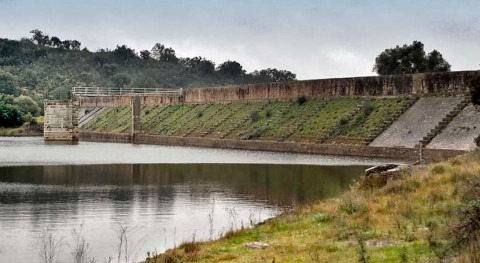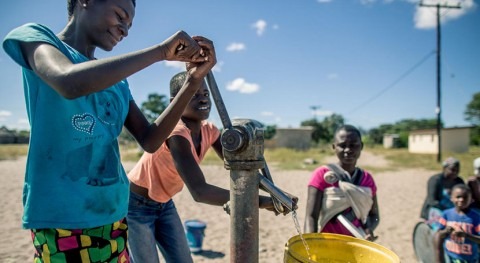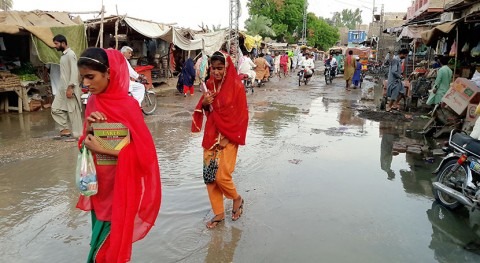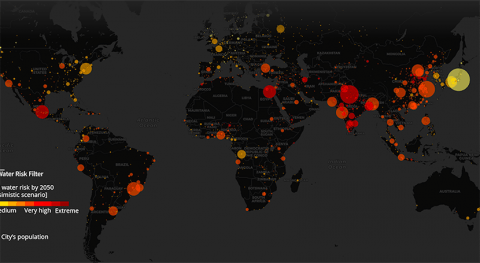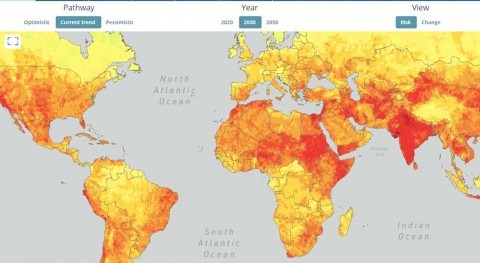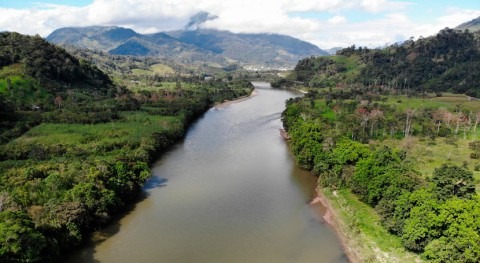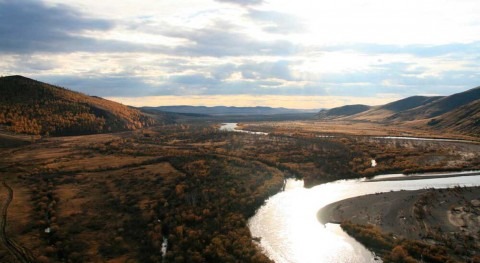Ahead of the UN Food Systems Summit, a first of its kind analysis by WWF finds that one-third of global food production is dependent on the world’s increasingly threatened rivers – undermining food security and our ability to sustainably feed 10 billion people by 2050.
Published today, Rivers of Food outlines how rivers support four key components of global food production – irrigation, freshwater fisheries, deltas and flood recession agriculture – and how all these critical parts of the food system are at growing risk due to the ongoing degradation of the world’s rivers. Such a holistic analysis of the critical role that rivers play in feeding humanity has never been done.
“Rivers are central to feeding the world now and in the future, yet protecting and restoring their health and resilience are not even on the periphery of debates about global food systems,” said Stuart Orr, WWF’s Global Freshwater Lead.
“Rivers have nourished us since the dawn of civilization and still do today, helping to feed billions of people - from indigenous communities to mega-cities. But river systems are under increasing stress and if we don’t take urgent steps to manage them better, we will not be able to sustainably feed everyone on Earth,” added Jeff Opperman, WWF Global Freshwater Lead Scientist and co-author of this study.
Rivers of Food shows that far more food is directly reliant on rivers than previously thought:
- Irrigation: Around 25% of the world’s food comes from cropland irrigated by river water
- Freshwater fisheries: 40% of global fish consumption relies on rivers, including 1/5th of the global fish catch and more than 2/3rds of fish from aquaculture.
- Deltas: River sediment creates and sustains deltas, which produce 4% of the world’s food on just 0.5% of its land - and are home to around 500 million people.
- Flood recession agriculture covers at least 10 million hectares primarily in Asia and Africa, which is equivalent to the cropland in Italy and produces roughly 1% of the world’s food.
“Rivers are the arteries of the planet, flowing with water, sediments and nutrients that nourish one-third of global food production, but ironically our unsustainable agricultural practices are one of the greatest threats to rivers – and all the food production they support,” said Joao Campari, WWF Global Food Leader. “We urgently need to transform the way we produce food to reduce the impact on climate, nature and rivers – and ensure we can feed 10 billion people within planetary boundaries by 2050.”
Overlooked and undervalued, rivers are under increasing pressure across the world from overuse of water, overfishing, damming free-flowing rivers for hydropower, pollution and climate change. Agriculture alone accounts for over 70% of all the freshwater used by people, while it is also the largest polluter of rivers and freshwater ecosystems – and a major contributor to greenhouse gas emissions, deforestation, and biodiversity loss.
Already, half of the world’s people live in areas that experience water stress and 75% of the world’s irrigated crops are grown in water stressed areas – figures that will only worsen as the world warms. Meanwhile, large free-flowing rivers are critical for the stability of deltas and survival of freshwater fisheries, but only one-third of long rivers remain free-flowing - and most of them are now threatened by planned hydropower.
The clearest sign of the damage we have done – and are still doing – to our rivers is the collapse in freshwater biodiversity. Over the past 50 years, we have lost 84% of our freshwater species populations – far greater than inland or marine ecosystems. Food systems are responsible for 50% of biodiversity loss in freshwater.
“One-third of freshwater species are at risk. One-third of freshwater fishes face extinction. These shocking statistics underline the grave threat to the one-third of global food production that depends on rivers,” said Orr. “If our rivers cannot sustain freshwater species, they will not be able to sustain us. Governments must agree to ambitious freshwater goals in the new global framework for nature – otherwise we will all pay the price.”
The world is waking up to the urgent need for healthier, more sustainable and more equitable food systems since our current production and consumption practices are major drivers of climate change, nature loss and rising hunger. Later this week, the UN Food Systems Summit will launch bold actions, solutions, and strategies to transform the global food system, but global food security will be put at risk if rivers are not a central part of the negotiations.
We need to strengthen the resilience of our rivers systems by transforming food systems, ensuring sustainable wild fisheries and aquaculture, maintaining free-flowing rivers, and adopting healthy and sustainable diets – among other measures to protect and restore healthy rivers.
“We can increase global food production in ways that are nature-positive and support our shared goals for healthy people and planet, but only if we sustainably manage our rivers so they are healthy and resilient,” said Brent Loken, WWF Global Food Lead Scientist and co-author of this study. “Everyone has a role to play. Together we can transform our food systems and the way we manage river systems so that we can feed our growing population without destroying more of the world’s remaining biodiversity or further fueling climate change.”




